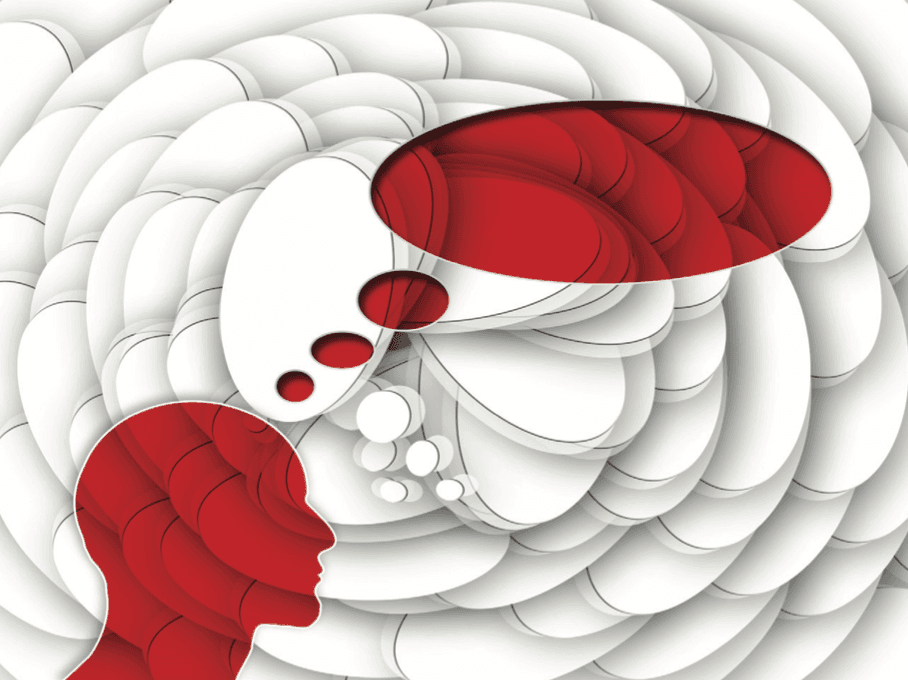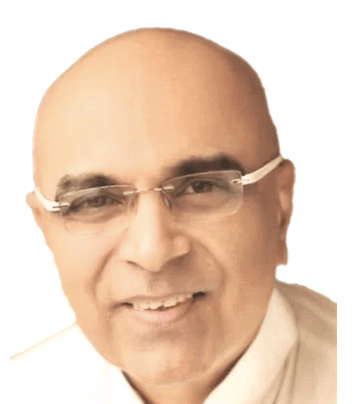By: Dr.Girish Patel
Source: The Daily Guardian https://epaper.thedailyguardian.com/view/2643/the-daily-guardian-mumbai/15
Dated: June 28th, 2025

situation is our choice.
The experiences we have in our life since childhood, and the way we perceive and respond to them, create neural pathways in our brain, or a neural map. Over time, this map or blueprint becomes entrenched in the mind. Just as a building is constructed according to its blueprint, this mental blueprint determines, to a large extent, our future experiences in life.
This does not mean that once this neural blueprint is made, we are trapped in it, with no way out. The neural pathways can be changed, and it is not too difficult to do so. All it needs is some practice. The key to bringing about this change is recognition of the fact that what we think in any situation is our choice. The situation is not to blame for our thoughts. We would have noticed that two people facing the same situation react differently to it. For example, suppose two people are about to go out, and suddenly it starts raining. One person might think, ‘My goodness, it had to rain just now!’ Meanwhile, the other person could decide to get wet and enjoy the shower. In both cases the situation is the same, but the annoyance and the enjoyment are the products of the two individuals’ different ways of thinking.
Our mental conditioning can have a debilitating effect. I have seen cases where people facing a problem prefer to remain stuck with it rather than take a bold step and bring about a change in their life that will solve the issue. They are unwilling, or afraid, to try something new even when it offers obvious advantages, and choose to continue with what is familiar to them, despite the attendant difficulties. The reason is inability to change their way of thinking, consider new possibilities, and imagine a different way of doing things.
For our own good, we have to be clear about what is ultimately beneficial for us, and decide our priorities accordingly. Is material success all that matters? I once met someone who had risen to a high position in his profession, but he was so unhappy that he broke down while talking about his woes. Of what good is it to spend the better part of your life chasing a goal, finally achieve it, and still end up miserable?
Spirituality helps us determine what is of value in the long run. Happiness, peace, and contentment matter more than the metrics of material success. This does not mean we should not have any goals in life – the key is to choose the middle path. Once we have set a goal for ourselves, we can work towards it in a natural way, with focus and dedication, but not obsessively, at the cost of everything else. We can take out time to exercise, meditate, study, and relax. This will keep us balanced, and we will enjoy the pursuit of our goal, instead of being overwhelmed by it. Happiness will then be an everyday experience for us, not something that has been put off until the day we have got the coveted job, won a promotion, or bought that large house.
When we live a balanced life, we are not upset even if we fail to achieve a goal, because it is not the all-consuming purpose of our life. Moreover, the wisdom gained from living sensibly will always stand us in good stead.

Dr. Girish Patel is a well-known psychiatrist
based in Mumbai, and a student of Rajyoga with the Brahma Kumaris.



